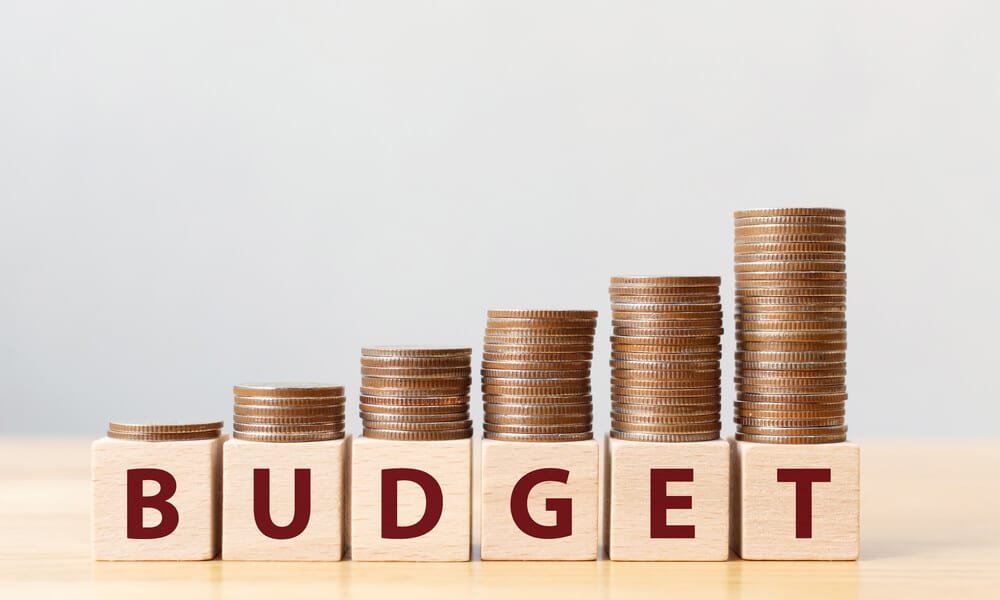By: Muzamil Arif
The concept of sustainable development has gained increasing importance in today’s society, as it centers on addressing present demands without compromising the capacity of future generations to meet their own needs. Teaching school-age children about sustainable development is crucial, especially in the face of serious global issues such as climate change, resource depletion, and environmental degradation. By equipping them with information and fostering attitudes focused on sustainability, we enable students to become responsible global citizens capable of building a better and more sustainable future.
Realizing the Interconnectedness of the World
Children who attend school benefit significantly from learning about sustainable development because it helps them understand the intricate web of relationships within the global ecosystem. They discover the close interdependence of environmental, social, and economic elements, as well as the potential impact of our current behaviours. By recognizing these links, children can develop a holistic viewpoint and make thoughtful decisions to minimize adverse effects on the environment.
Strengthening Analytical and Problem-Solving Abilities
Sustainable development education encourages children to think critically and analyze complex situations from various angles. They gain the ability to weigh the environmental, societal, and economic impacts of their decisions. Children working on sustainable development-related problems develop the creativity, adaptability, and resilience necessary to meet the challenges of the twenty-first century.
Fostering Global Citizenship and Social Responsibility
Sustainable development encompasses social fairness and economic well-being in addition to environmental preservation. Through education in social responsibility, empathy, and inclusivity, children learn the value of fairness and justice in creating sustainable societies. They recognize that sustainable development is an international endeavor, emphasizing cooperation, respect, and an awareness of diverse cultures and viewpoints.
Preparing for Future Careers
As the world moves towards a more sustainable future, there is a growing demand for experts in sustainable development. By exposing youngsters to sustainability principles at a young age, we provide them with the knowledge and skills required for the emerging green economy. This prepares them for careers in industries such as sustainable agriculture, renewable energy, environmental management, and urban planning, allowing them to contribute to a better world while securing their own future employment.
Encouraging Sustainable Lifestyles
Educating school-going youngsters about sustainable development also involves promoting sustainable lifestyles. By teaching kids about the ecological footprint and the consequences of individual choices, children become aware of their consumption patterns and the resources required to support them. They learn about options such as sustainable transportation, organic food, and responsible waste management. Encouraging sustainable habits from an early age lays the foundation for a generation that prioritizes conscious and sustainable choices, resulting in reduced environmental degradation and improved overall well-being.
Promoting Adaptability and Resilience
Children who receive education on sustainable development are better prepared to cope with the rapid changes in the world. They gain knowledge of the effects of environmental problems such as natural disasters and climate change. Children who are aware of these risks can become resilient and adaptable, devising creative ways to manage and overcome such challenges. Their ability to handle future difficulties contributes to the creation of more resilient communities.
Connecting Classroom Education with Practical Problems
Sustainable development education extends beyond textbooks and classrooms. It emphasizes experiential learning and interaction with real-world situations. Field visits, outdoor activities, and community initiatives enable youngsters to observe and comprehend the tangible implications of sustainable development concepts. By linking academic knowledge to concrete experiences, children develop a deeper appreciation for the natural world and a stronger understanding of the importance of sustainable practices.
Securing a Sustainable Future
Ultimately, educating school-age children about sustainable development is an investment in ensuring a sustainable future for subsequent generations. By equipping children with information, beliefs, and skills aligned with sustainability, we empower a generation capable of addressing the complex challenges of our time. These young individuals will go on to become scientists, entrepreneurs, policymakers, and community leaders, contributing to the creation of a world where social, economic, and environmental well-being coexist.
In order for children to participate in a future that is environmentally friendly, socially just, and economically productive, it is our duty as educators, parents, and society at large to ensure they receive a comprehensive education that incorporates sustainable development principles.







